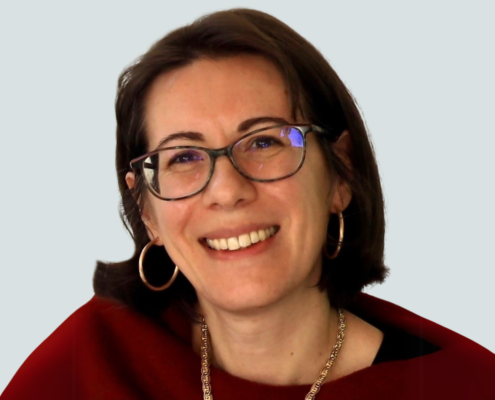
Valérie Forest: from a desire to be useful to global recognition
Health, In the News, PortraitValérie Forest, a professor at Mines Saint-Étienne, was recently recognized as one of the most influential scientists in the world, according to the “Stanford/Elsevier’s Top 2% Scientists” ranking. Originally from Saint-Étienne, she conducts applied research into the biological activity of inhaled particles, while also running the school's Biomedical Engineering Major. Close up on a researcher who just wanted “to be useful”.

New wind for indoor air quality
Health, In the NewsA research team from IMT Atlantique has developed a new method for analyzing the microorganisms in indoor air. Unlike traditional methods, this approach facilitates representative sampling over long durations. This is good news for a concern that often takes a back seat.
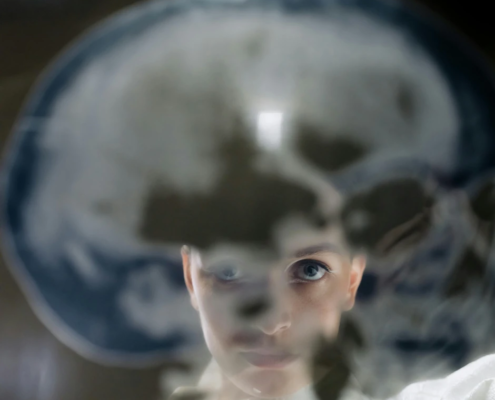
Oncoelectronics: A spark in the fight against brain tumors
Health, In the News, Start-up-enElectric fields to curb cancer? That's the bold approach of the Franco-International team at Oncoelectronics. Born in the heart of Provence, the start-up draws on the experience of scientists at Mines Saint-Etienne to design implantable devices to slow the progression of incurable brain tumors. A project at the crossroads of bioengineering, neurotechnology and microelectronics.
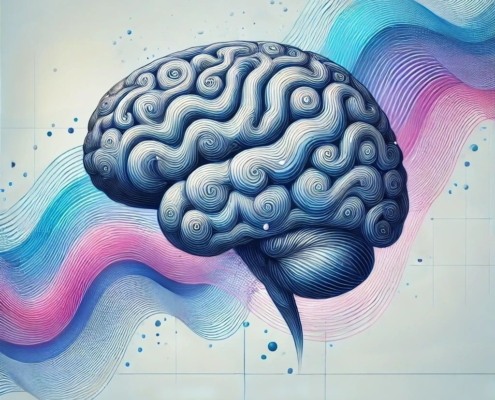
Alexandra Vallet is taking the brain’s pulse
Health, In the News, PortraitThe fluid around our brain moves with our body’s pulses. Studies of this dynamic are offering new insights into the underlying mechanisms of neurodegenerative diseases. Researcher at Mines Saint-Étienne, Alexandra Vallet’s work is based on this cross-disciplinary approach. It focuses on how our brain’s mechanical properties and fluid-structure interactions influence its health and aging.
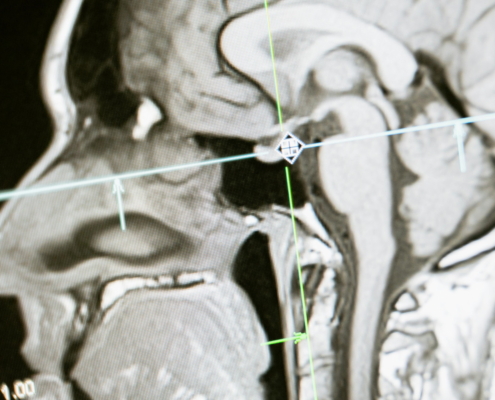
The Cybaile Chair, securing AI tools for healthcare
Health, In the NewsThanks to AI tools, it is now possible to identify signs of disease in medical images in a robust and secure way. However, developing such tools requires access to large volumes of sensitive health data. How can we protect this data, and the tools that use it? These are the questions that Cybaile, the industrial chair in cybersecurity, AI and trust in healthcare, is trying to answer.
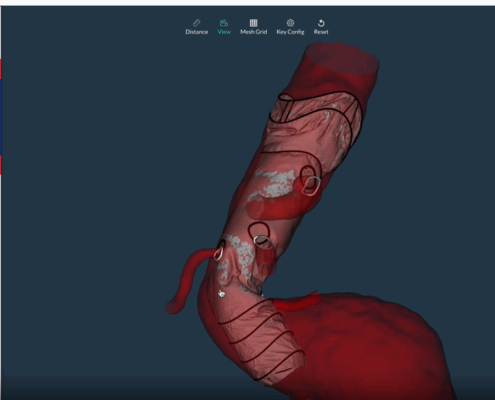
Stéphane Avril: When biomedical research crosses paths with entrepreneurship
Health, In the News, Start-up-enStéphane Avril, Biomechanics professor at Mines Saint-Etienne, is exploring the route of entrepreneurship to take his research work to the next level. In co-founding PrediSurge in 2017 and then KaomX in 2024, he has been creating start-ups to take innovations from the laboratory into the economic sphere. Between technology, filing patents and improving technology readiness, let’s take a look back over his achievements as a researcher-entrepreneur.
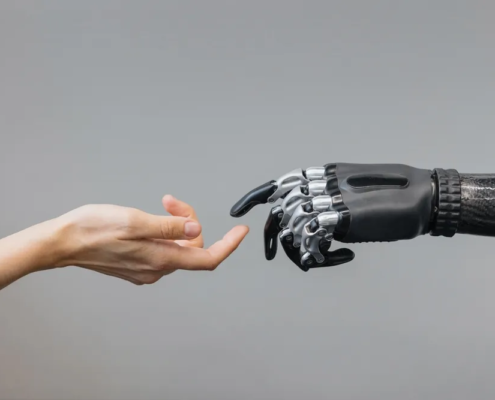
The invisible electronic chip that restores the sense of touch
Europe EN, Health, In the NewsIt could soon be possible to restore tactile sensations for people fitted with prosthetics thanks to the Flexeo project. This research program, led by Mines Saint-Etienne, has entered the second phase after four years of development. Under the supervision of Sylvain Blayac, the team has designed a flexible electronic chip that can detect and reproduce tactile sensations.
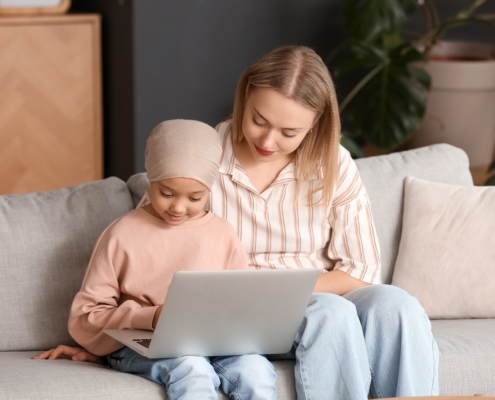
Cancer: technology lends a listening ear to parents of children with cancer
Digital, Health, In the News, SocietyHow can technology and social media in particular help and support parents of children with cancer? This is the subject of a project led by Institut Mines-Télécom Business School and funded by the French National Cancer Institute. Anne-Laure Delaunay, a researcher in digital transformation and emerging technologies for management, initiated the project and gives us an inside look.
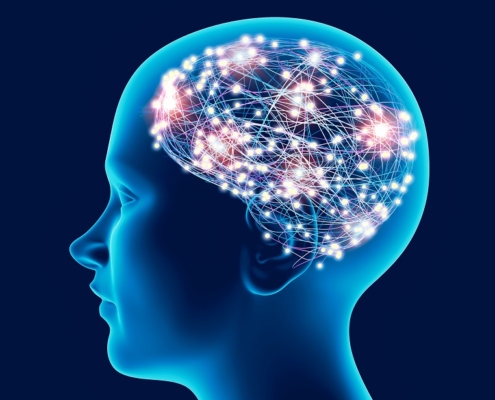
CEREBRO: towards complete non-invasive imaging of brain activity
Digital, Europe EN, Health, In the NewsThe aim of the European CEREBRO project is to create the first electrical contrast medium to provide complete non-invasive images of the brain. Current methods for imaging brain activity using electroencephalography are limited in terms of spatial resolution, and do not cover the whole brain. The product to be developed by CEREBRO is designed to overcome these limitations. IMT Atlantique researchers Adrien Merlini and François Rousseau reveal the details of this project.

StressID, a multimodal database for detecting stress
Digital, Health, In the NewsStressID is a multimodal database for identifying stress. The project represents one of the largest collections of audio, video and physiological expressions of stress collected from numerous participants. It aims to provide an experimental protocol that is simple to reproduce. Maria Zuluaga, a researcher in the Data Science department at EURECOM, and her PhD student Hava Chaptoukaev tell us all about StressID.

